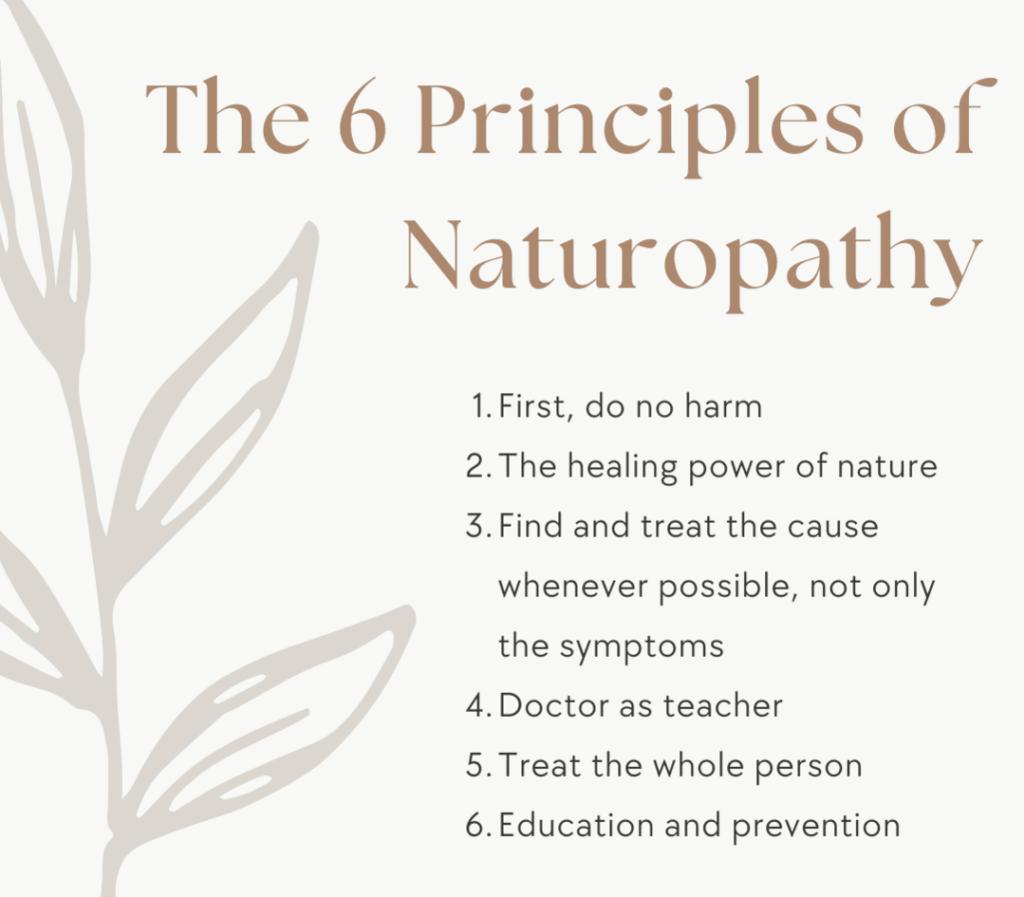
Naturopathy draws its roots from the various ancient practices and philosophies oriented towards health and cure. Understanding the historical origin of naturopathy is the stepping stone on which we can really appreciate how this natural healing approach has evolved through the ages. This guide covers the basic premises of naturopathy, from its early development in medicinal traditions to its status as a modern holistic practice. Relating this to the historical context brings into sharper focus the principles defining naturopathy today and its place in today’s health culture.
What Is the Ancient Origin of Naturopathy?
Naturopathy harks from very ancient times, dating as far back as Greece and China, where natural cure modes were in vogue. The foundational principles have been laid by Hippocrates and traditional Chinese medicine.
In Greece, Hippocrates became known as the “Father of Medicine,” who structured the natural ability of the body to heal itself with the use of natural treatments. Similarly, Traditional Chinese Medicine (TCM) offers a complete diagnosis and treatment using herbs, acupuncture, and lifestyle modifications. These various early systems of natural medicine prefigured contemporary naturopathy and thus formed the basis of modern naturopathy, influencing its core values in trying to promote self-healing from within through natural means. It is by looking at these ancient practices that we understand the foundational elements that continue to guide naturopathic medicine today.
How Did Naturopathy Come Along in the 19th Century?
During the 19th century, naturopathy gained fame through such figures as Benedict Lust, who combined traditional practices with modern health approaches and founded the naturopathic movement.
Lust combined various traditional forms of healing with the newer scientific understanding in order to establish a systemized form of naturopathy. He opened the American School of Naturopathy in 1902, a point that was quite critical in the establishment of naturopathy.
The Lugst emphasized natural remedies, detoxification, and alteration in lifestyle in laying the foundation for modern naturopathic principles. During this period, naturopathy began to take shape as a recognized and organized system of health care.

What Contribution Was Made by the Naturopathic Physician of the Early Years?
The naturopathic physicians of the early years made significant contributions to the field of natural medicine by advocating for the use of natural therapies, such as herbal remedies, nutrition, and hydrotherapy, in treating illness.
They emphasized the body’s inherent ability to heal itself, promoted preventive care, and laid the foundation for modern naturopathy by integrating traditional healing practices with emerging scientific knowledge. Their work helped to establish naturopathy as a recognized form of complementary medicine, focusing on holistic, patient-centered care.
How Did Naturopathy Influence Modern Holistic Medicine?
The naturopathic approach has deeply influenced modern holistic medicine with the help of principles like natural healing, prevention, and putting the patient at the center of attention. Emphasis on treating the whole person rather than symptoms has been continued in various practices of integrative and functional medicine. Naturopathy focuses attention on natural remedies, such as herbal medicine, nutrition, and lifestyle changes, which is along the line with modern conceptions that foster prevention and wellness.
With this thought, it no longer is a practice to be ruled out for integration into modern medicine since there is now a growing recognition of the value of such holistic methods in the attainment and maintenance of health. Indeed, Naturopathy has bequeathed a legacy that shaped how holistic care would develop and be practiced in current times.
What Are the Key Principles of Naturopathy?

The key principles of naturopathy include the healing power of nature, treating the whole person, and emphasizing prevention. Naturopaths support the self-healing processes of the body.
Naturopathy applies under several guiding key principles that uphold the philosophy of natural healing and health holism. One basic principle is the “healing power of nature,” which states that the body has a recuperative capacity, which, if helped naturally, can return the body to health. Another principle is “treating the whole person,” dealing with physical, emotional, and lifestyle factors, rather than symptoms alone.
Prevention is another basic principle, with a strong bias toward maintaining health through healthy living. These principles are then applied by the naturopath in treating different conditions through the use of natural remedies, lifestyle modifications, and teaching patients how to lead healthier lives and avoid diseases.
In What Way Did Naturopathy Become So Popular in the 20th Century?
The popularity in the field of naturopathy came about during the 20th century with greater interest by the public in natural medicine and also with the establishment of naturopathic colleges along with professional organizations of naturopaths.
During this time, several naturopathic colleges were established, as this was now a field that required some formal education and training in medicine. This led to professional organizations for practitioners in this sphere, such as the American Association of Naturopathic Physicians, which helps to promote their profession.
Greater awareness of the effectiveness and benefits of natural remedies, added to the societal swing toward alternative medicines, created a further level of acceptance and inclusion of naturopathy within mainstream healthcare practices. It has placed naturopathy in its correct niche within the bigger health landscape.
What are the modern trends in naturopathy?
The prevailing trends in naturopathy are those of increasing integration with conventional medicine, moving more toward a total systems approach to health and managing chronic diseases. Naturopaths also work directly with medical doctors in overall care, integrating natural therapies with standard treatments. There is also an increasing trend toward personalized treatment as practitioners tailor therapies to the particular needs and genetic profiles of an individual.
Moreover, most of the preventive approach also focuses on the management of the burden of chronic diseases through lifestyle modification and prevention. Technology further facilitates telemedicine, digital health, and other resources supporting the four tenets of naturopathy, making patient care even more accessible, effective, and efficient. These are the trends that reshape the face of naturopathy in the modern context of healthcare.
In Conclusion
The concept of naturopathy introduces one to the rich history of ancient practices and the modern development of the field. From its very beginnings in ancient times to its further development during the 19th and 20th centuries, it has grown into a reputable holistic approach. These historical contexts nurture a deeper understanding of the principles and their contemporary applications. As naturopathy continues to progress, it integrates with modern practice in health care, reflecting the continued relevance of its mission: to promote wellness in the most natural way, including all.

